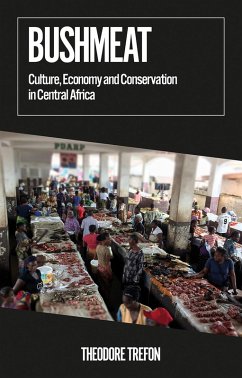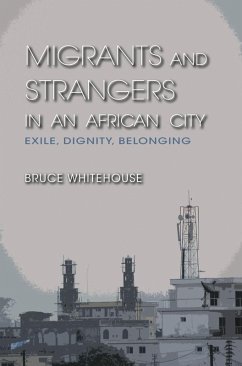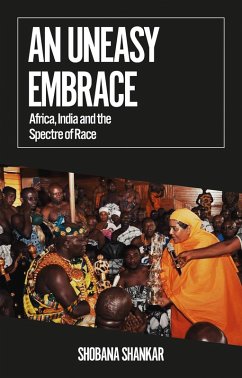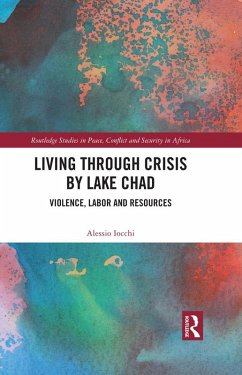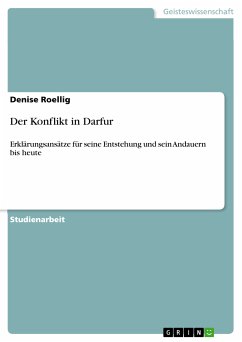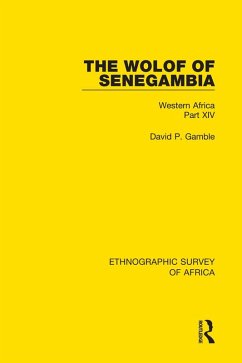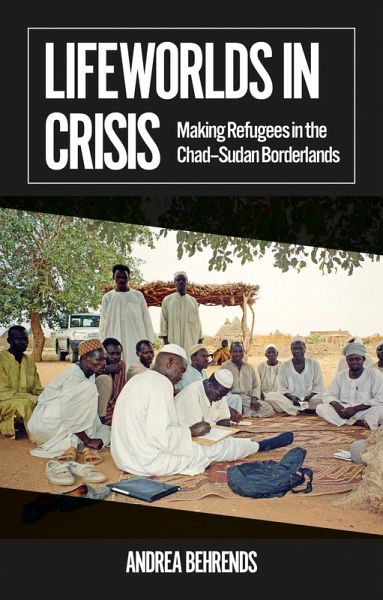
Lifeworlds in Crisis (eBook, ePUB)
Making Refugees in the Chad-Sudan Borderlands
Versandkostenfrei!
Sofort per Download lieferbar
20,95 €
inkl. MwSt.
Weitere Ausgaben:

PAYBACK Punkte
10 °P sammeln!
The continuing Darfur War has caused mass displacement since 2003, with hundreds of thousands driven from their homes and many forced into refugee camps in western Sudan and neighbouring Chad. Building on twenty years of research in the region, Andrea Behrends tracks the repercussions of this conflictsometimes referred to as the 'first genocide of the twenty-first century'for those living through it: those who stayed put, those who fled from rural areas to towns, those who moved to refugee camps, and those who fought. Telling the story of everyday survival on the ChadSudan border, an area cent...
The continuing Darfur War has caused mass displacement since 2003, with hundreds of thousands driven from their homes and many forced into refugee camps in western Sudan and neighbouring Chad. Building on twenty years of research in the region, Andrea Behrends tracks the repercussions of this conflictsometimes referred to as the 'first genocide of the twenty-first century'for those living through it: those who stayed put, those who fled from rural areas to towns, those who moved to refugee camps, and those who fought. Telling the story of everyday survival on the ChadSudan border, an area central to state politics in the larger region, her account sheds light on how people create belonging, exchange knowledge, develop new practices and build futures in the face of extreme uncertainty.
Departing from the focus on large-scale humanitarian and military interventions associated with 'states of emergency', Behrends highlights the forms of cooperation and mutual knowledge production that emerge on the ground in these lifeworlds in crisis. She combines meticulous ethnographic description with theoretically grounded arguments to offer a pioneering study of how individuals have anticipated, survived and adapted to recurring crises and war in one of the world's most economically marginalised regions.
Departing from the focus on large-scale humanitarian and military interventions associated with 'states of emergency', Behrends highlights the forms of cooperation and mutual knowledge production that emerge on the ground in these lifeworlds in crisis. She combines meticulous ethnographic description with theoretically grounded arguments to offer a pioneering study of how individuals have anticipated, survived and adapted to recurring crises and war in one of the world's most economically marginalised regions.
Dieser Download kann aus rechtlichen Gründen nur mit Rechnungsadresse in A, D ausgeliefert werden.




